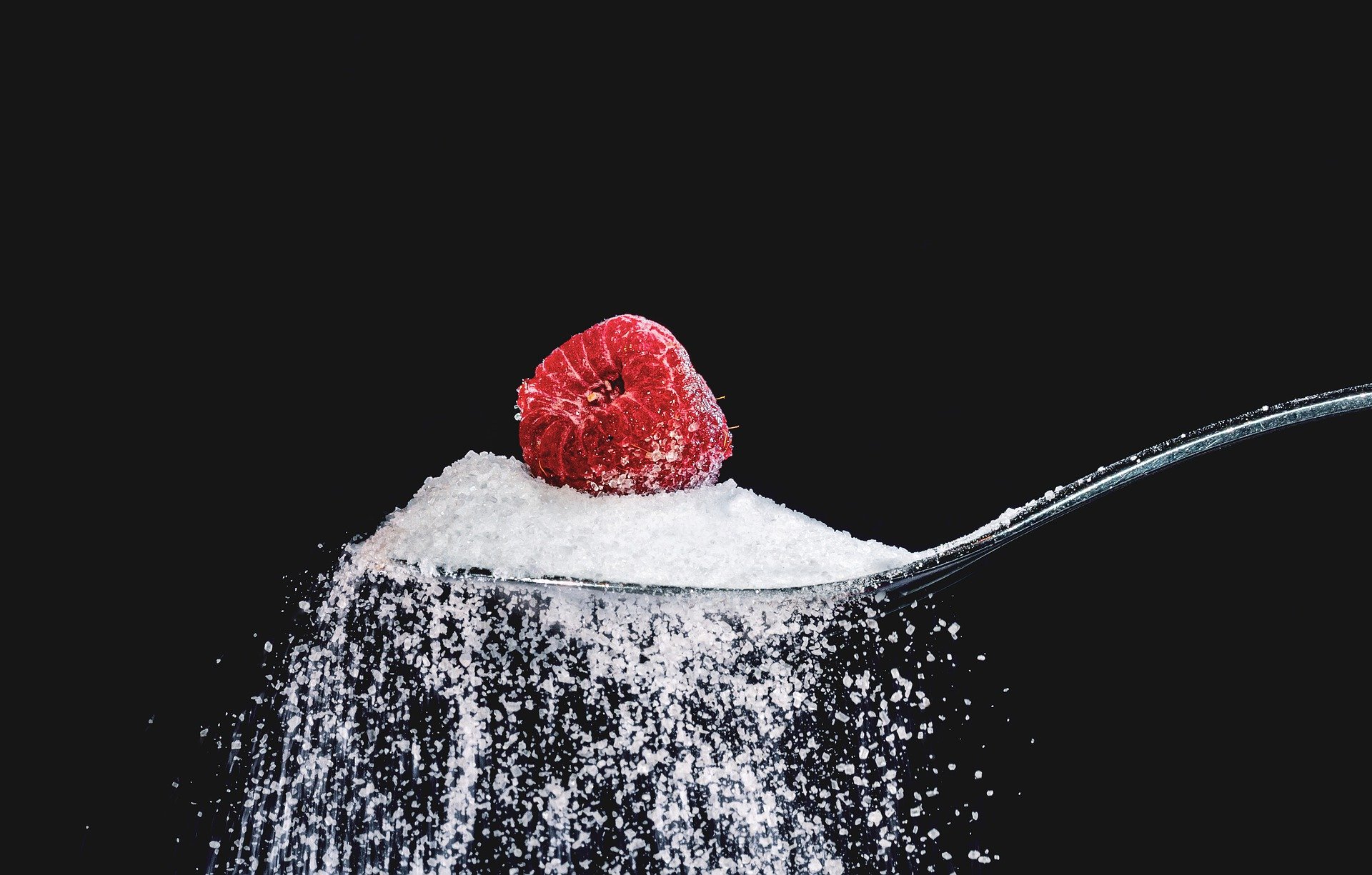10 Best Foods to Naturally Control Diabetes
Introduction
Diets are a big part of maintaining stable blood sugar levels if you have diabetes.
While factors such as body weight, exercise, stress, and genetics play a role in the management of blood sugar, it is important to adopt a balanced diet. You should really concentrate on the amount and type of carbs you put on your plate.
Although certain foods, such as products rich in added sugar, may lead to blood sugar spikes, others can improve the regulation of blood sugar while encouraging optimal health.
Note: Please consult with your general practitioner, doctor, or nutritionist before making any sudden changes to your diet.
Without further ado, we present to you 10 foods that can help you balance and regulate your blood sugar levels.

The 10 Foods that can help control Diabetes
Seafood
For blood sugar regulation, protein is very important. It helps you digest your food easily and reduces blood sugar levels after a meal. In addition to that, not only can it help you avoid overeating; it also helps you lose weight faster. Seafood is a valuable source of protein. Examples include:
- Fish
- Shellfish
- Sardines
- Salmon
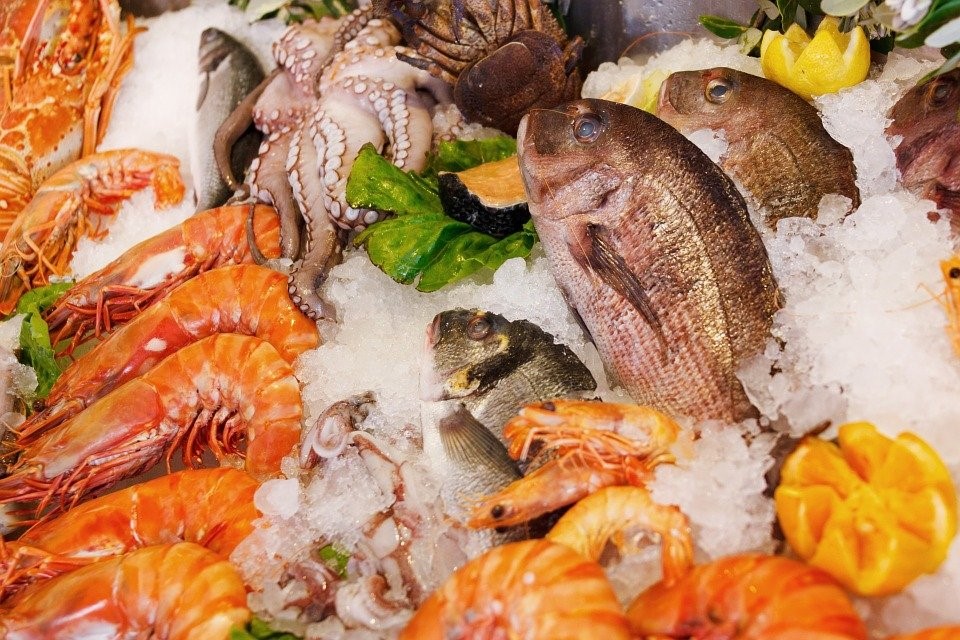
Chia Seeds
Eating chia seeds can help regulate your blood sugar. Studies have linked the intake of chia seeds to increases in insulin sensitivity; if this is high, you will use your blood sugar more effectively, which in turn leads to a decline in blood sugar spikes.
A study of 15 healthy adults found that participants who were given 1 ounce of ground chia seeds along with 2 ounces of sugar solution (water with sugar) had a 40 percent drop in blood sugar levels relative to those who consumed the sugar solution alone.
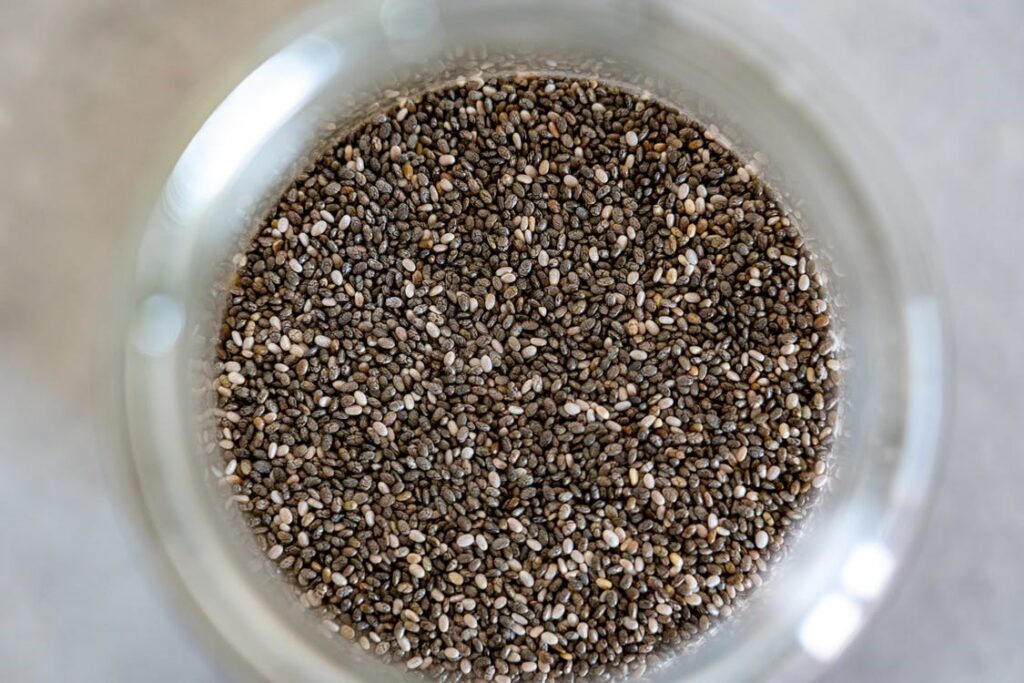
Pumpkin and Pumpkin Seeds
Brightly colored and filled with antioxidants and fiber, pumpkin is a perfect alternative for controlling blood sugar. In certain countries, such as Mexico and Iran, pumpkin is actually used as a common diabetic treatment.
Pumpkin is abundant in carbohydrates called polysaccharides, which have been researched for their ability to control blood sugar. However, further research is needed to determine how your blood sugar will benefit from consuming pumpkin. And lastly, there are notable differences if you eat whole pumpkin roasted or steamed.
Another alternative to whole pumpkin lies in the consumption of pumpkin seeds. They are filled with nutritious proteins and fats, making them ideal for regulating blood sugar levels as well.

Kale
Kale is often described, and with good reason, as a “superfood.” It is filled with fiber and antioxidants, which can help combat increases in blood sugar levels.
A research involving 42 adults found that eating high-carb food containing kale dramatically reduced blood sugar levels after eating relative to those who did not consume kale in their meals.
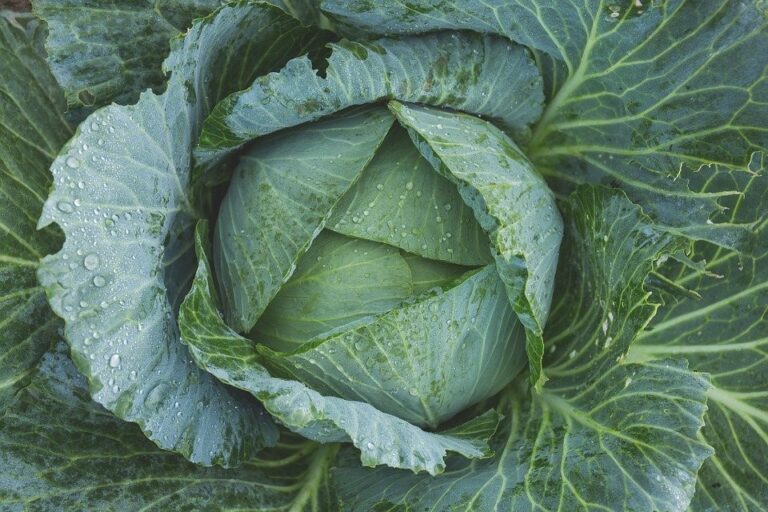
Flax Seeds
Flax seeds are well known for their nutritional advantages. This, along with their richness in fiber and good fats, can help lower your blood sugar levels.
Those who ingested 7 ounces of yogurt containing 1 ounce of flax seeds a day observed substantial decreases in HbA1c (a measurement of your blood sugar levels over three months) relative to those who consumed yogurt without any flax seeds.
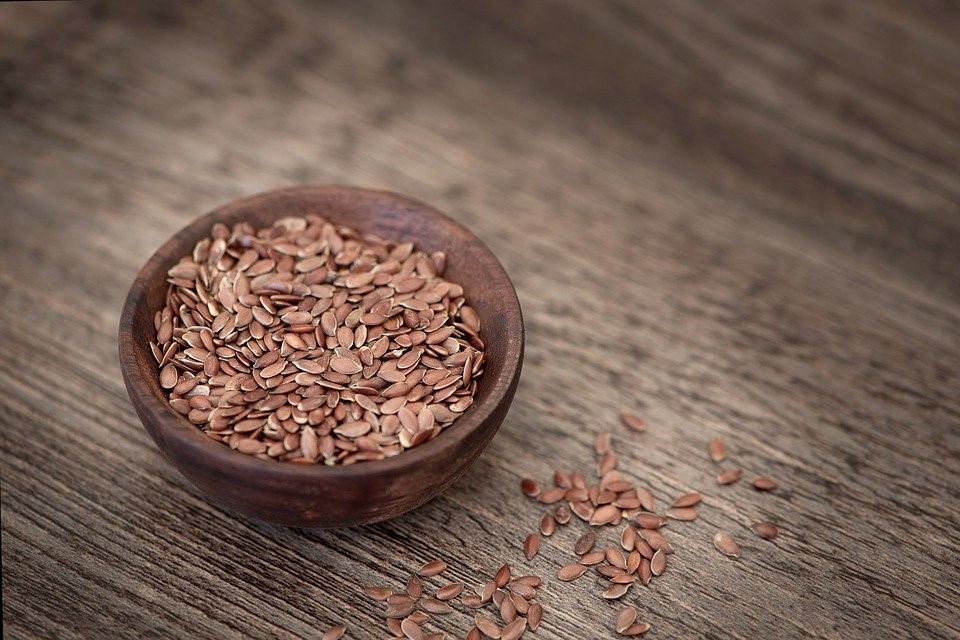
Nuts
Research has shown that an efficient way to help control blood sugar levels could be to consume nuts.
A research of 25 individuals with type 2 diabetes found that eating both peanuts and almonds as part of a low carb diet during the day reduced both fasting and post-meal blood sugar levels.
A review also noticed that diets emphasizing tree nuts, such as almonds and cashews, dramatically decreased blood sugar and HbA1c in people with type 2 diabetes, at an average daily intake of 2 ounces.

Okra
Okra is a fruit which is commonly used as a vegetable. It is a rich source of compounds, such as polysaccharides and antioxidants.
In Turkey, because of their potent blood-sugar-lowering properties, okra seeds have long been used as a natural remedy to treat diabetes.
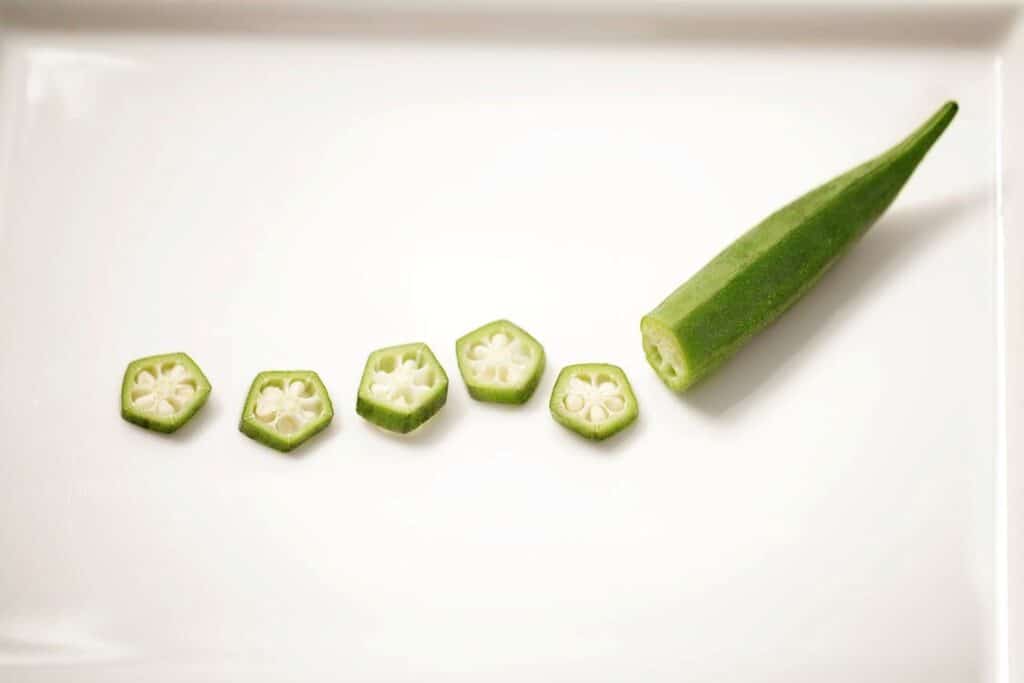
Beans and Lentils
Beans and lentils are high in nutrients such as magnesium, fiber, and protein. Soluble fiber and resistant starch can be found in them, which are especially strong. They help delay digestion and can increase blood sugar reaction after meals.
For example, a research of 12 adults found that adding black beans or chickpeas to a rice meal substantially decreased post-meal blood sugar levels relative to those who consumed rice alone.
Several other studies have shown that eating beans and lentils can not only help control blood sugar, but also guard against the beginning symptoms of diabetes.
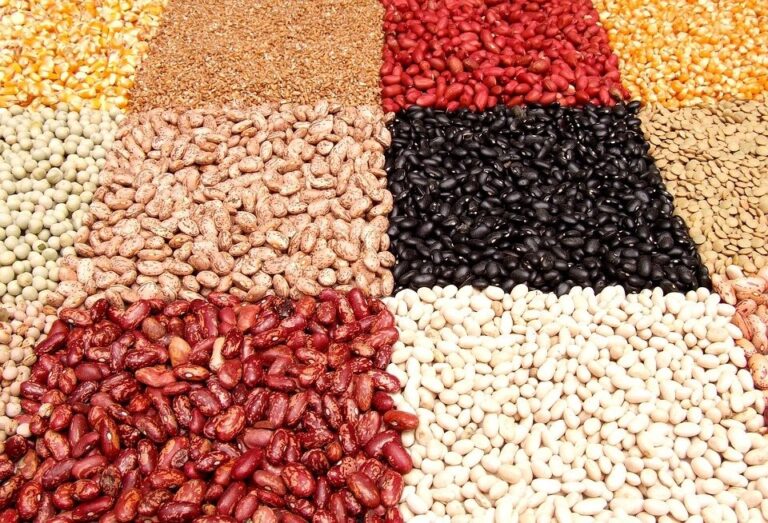
Berries
Countless studies have associated berry consumption with better regulation of blood sugar. Berries are packed with fiber, vitamins, nutrients, and antioxidants, and for those with blood sugar control disorders, they make an ideal option.
A 2019 study showed that consuming 2 cups of red raspberries with a high-carb meal substantially decreased post-meal blood sugar in adults with pre-diabetes.
In addition to that, studies have shown that blood sugar control can also be supported by strawberries, blueberries, and blackberries because they increase and improve insulin sensitivity and blood sugar clearance too.

Kimchi and Sauerkraut
Health-promoting chemicals, including probiotics, vitamins, and antioxidants, are found in fermented foods such as kimchi and sauerkraut, and consuming them has been associated with improved blood sugar and insulin sensitivity.
A study of 41 individuals with diabetes found that for 12 weeks, eating a typical and traditional Korean diet rich in fermented foods such as kimchi led to greater reductions in blood sugar levels.
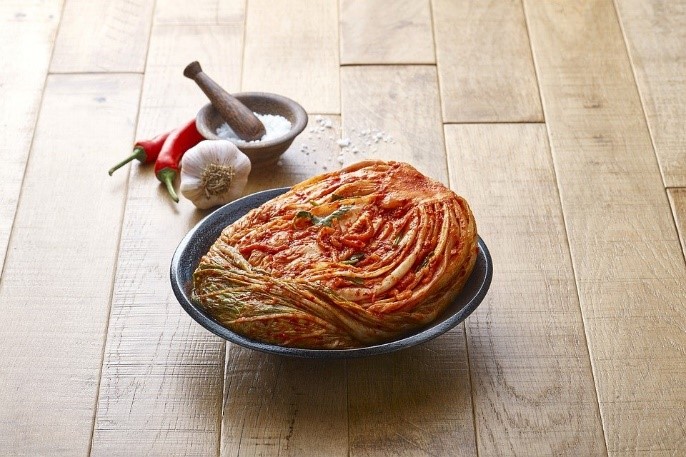
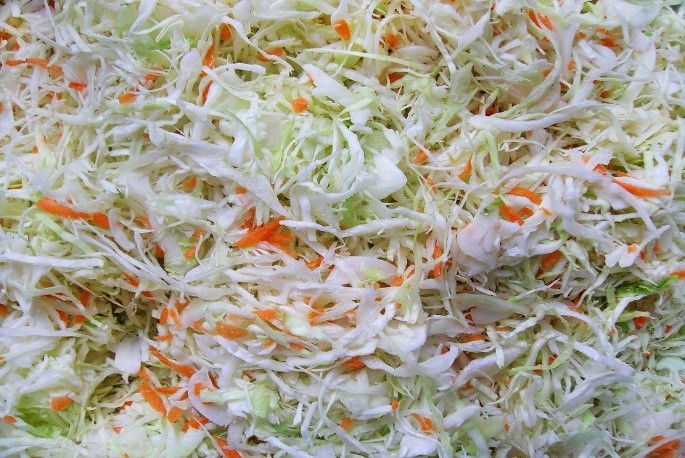
Conclusion
The Bottom Line
As you can see, there are many foods out there that serve to reduce blood sugar levels and help you naturally control diabetes. The ones on this list are not the only ones; through extensive research, you can find many more alternatives if you are not too fond of the ones we highlighted in this article.
Finally, as mentioned previously, please consult with your general practitioner, doctor, or nutritionist before making any sudden changes to your diet.
We wish you luck on the path to controlling your diabetes.
